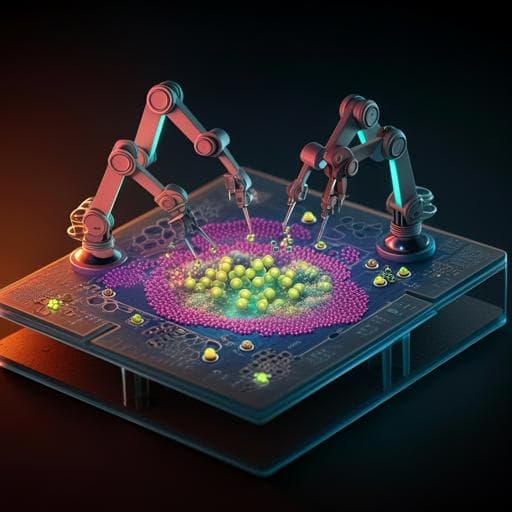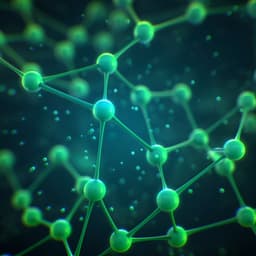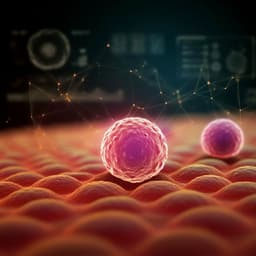
Chemistry
AlphaFlow: autonomous discovery and optimization of multi-step chemistry using a self-driven fluidic lab guided by reinforcement learning
A. A. Volk, R. W. Epps, et al.
Discover the power of AlphaFlow, a revolutionary fluidic lab designed for autonomous chemical experimentation. This innovative system employs reinforcement learning to explore complex multi-step reaction processes, achieving unprecedented results in semiconductor nanoparticle synthesis. Authored by Amanda A. Volk and colleagues, this research showcases the future of materials science through advanced automation.
Related Publications
Explore these studies to deepen your understanding of the subject.







